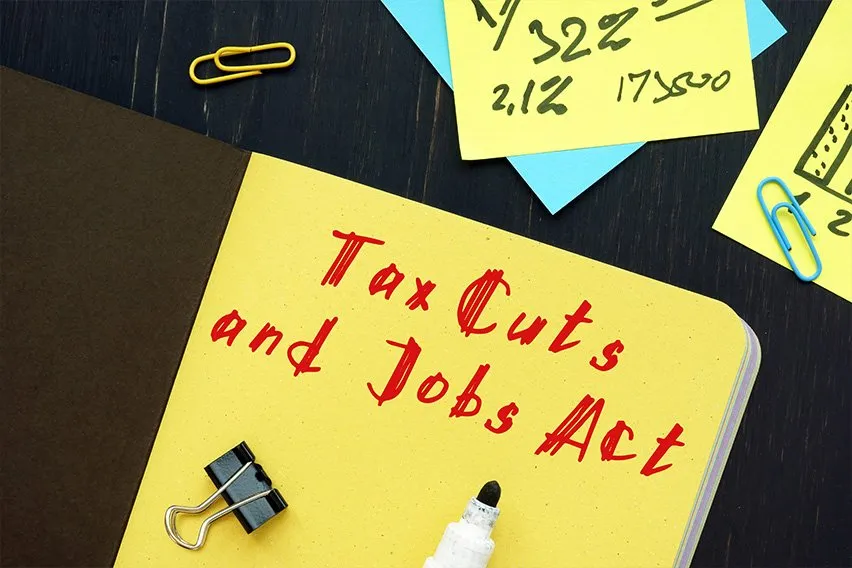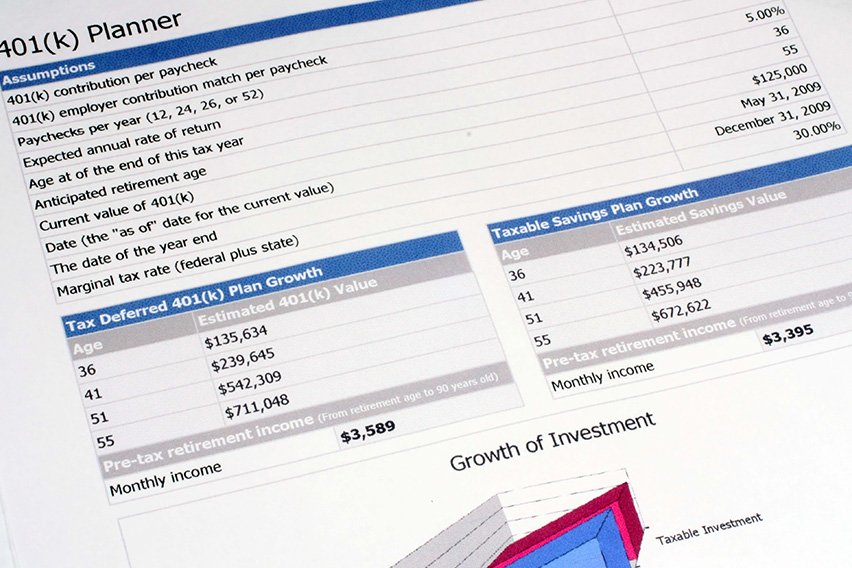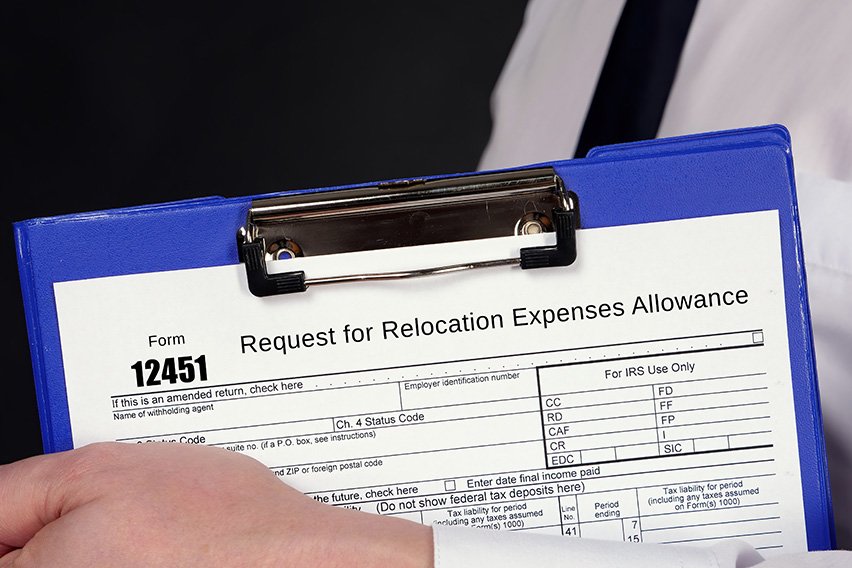Business Deductions: New Tax Plan Explained

In late 2017, the Trump Administration introduced the Tax Cuts and Jobs Act (also known as “TCJA”). The act introduced a universal corporate tax rate of 21% for American businesses. The TCJA also implemented a number of other changes, including the elimination of some previous tax breaks. Although the new corporate tax rate is permanent, most of the changes introduced in the TCJA are not, and America will revert back to prior tax laws (those of 2017) on January 1, 2026.
Here’s an overview of what you need to know about the TCJA:
- Corporate Tax Rate Decrease
- Standard Deduction Increase for Small Businesses
- Interest Expenses Cap
- Increase in Bonus Depreciation
- Elimination of the Corporate AMT
- Elimination of Entertainment Expenses
- Change in Meal Deductions
- No Change in Deductions for Holiday Party or Employee Outings
- Introduction of a “Territorial” Tax System
- Higher Vehicle Depreciation Allowance

1. Corporate Tax Rate Decrease
Previously business tax was on a ‘graduated’ program, where the more profit a company made, the more it was taxed. The corporate business tax rate has now been changed to a universal rate of 21%, regardless of a company’s income. This is the lowest the rate has been since 1939.
2. Standard Deduction Increase for Small Businesses
Typically, net income for most small businesses goes straight through to the owners and they account for that income on their personal tax returns. These types of businesses are referred to as “pass-through” entities. This means the profit is only taxed once.
Now, the TCJA allows for a tax break equivalent of up to 20% of that income, called the Qualified Business Income deduction. There are limitations on the deduction once income reaches $157,500, and for businesses that are service-oriented.
3. Interest Expenses Cap
2018 – 2022
Previously fully deductible, now a company can only deduct interest expenses up to 30% of its Adjusted Taxable Income (ATI).
2022 –
The equation will change in 2022. At that time, a company will only be able to deduct interest expenses up to 30% of earnings before interest and taxes (but after depreciation and amortization expenses).
4. Increase in Bonus Depreciation
Previously, there was a 50% first-year bonus depreciation deduction on the purchase of new assets or property. This has now increased to 100% for the purchase of both new and used property, providing businesses with a substantial bonus tax rate for qualifying acquisitions.
Property examples include computers, software, office furniture, manufacturing equipment and vehicles. The bonus depreciation cannot be applied to a gift or an inheritance.
5. Elimination of the Corporate AMT
AMT stands for “Alternative Minimum Tax”. Before TCJA, corporations were required to calculate its tax owing under both the regular corporate income tax calculation and the AMT equation (the AMT called for certain deductions to be added back in). A corporation had to pay the higher of the two resulting figures. Now, the AMT has been done away with.
6. Elimination of Entertainment Expenses
Before the tax reform, entertainment expenses, such as tickets to a sporting venue or theatre, used to be 50% tax deductible. Now they no longer qualify. Same with tickets to charitable events.
Meals purchased and consumed at the event qualify for the 50% meal deduction as long as they were not purchased with the tickets to the event.
7. Change in Meal Deductions
There is a change in the tax deduction for meals provided for the convenience of an employer, for instance an in-house cafeteria where the employer provides food. These deductions have been reduced to 50% from 100%. This 50% rate also applies if the employer provides the occasional meal to staff, or doughnuts and coffee.
Meals in restaurants, as long as they are related to business, are still 50% deductible. Examples are meals with employees, clients, potential new customers, freelance consultants or anyone with a relationship to the business. This deduction also applies to employees of a company who are travelling.
8. No Change in Deductions for Holiday Party or Employee Outings
Expenses for holiday parties or other typical employee outings are still 100% tax deductible.
9. Introduction of a “Territorial” Tax System
Companies with a U.S. headquarters are no longer required to pay taxes on foreign income. Previously businesses had to pay this tax along with the foreign taxes, and often it meant the money never came “home”. This was because taxes were not due until the money was transferred to the United States. In addition, many companies also moved out of America in order to avoid this tax, as it was cutting into their profits.
Now businesses will only have to pay the foreign taxes due.
10. Higher Vehicle Depreciation Allowance
The maximum depreciation allowance for a new passenger vehicle was previously $10,000. It was then increased to $18,000 back in 2018. Subsequent years the car remains in service will also see changes in allowable depreciation allowances.

More Questions Related to Trump Tax Plan Explained:
Why the Tax Cuts and Jobs Act?
Is the Tax Cuts and Jobs Act Permanent?
Why the Tax Cuts and Jobs Act?
The Trump Administration introduced the Tax Cuts and Jobs Act in the hopes that it would stimulate investment and create more American jobs with higher wages.
Economists and business executives disagree that any savings realized by businesses would be used in the way the Trump administration hopes for. Instead, it is believed this money would be used to pay down company debt, conduct stock buybacks or increase stock dividends, as well as precipitate mergers.
Is the Tax Cuts and Jobs Act Permanent?
The corporate tax rate deduction is permanent. However, most of the changes in the Tax Cuts and Jobs Act will expire on December 31, 2025. Unless new legislation is introduced, tax deductions and other changes as outlined in the Act will revert back to the way they were in 2017.
RELATED ARTICLES

 How to Set Up a 401(k) in 4 Easy Steps (For Small Business)
How to Set Up a 401(k) in 4 Easy Steps (For Small Business) Can You Write-Off Expenses Before Incorporation? Certain Expenses, Yes
Can You Write-Off Expenses Before Incorporation? Certain Expenses, Yes Nanny Tax Deduction: Can You Write-Off Nanny Expenses?
Nanny Tax Deduction: Can You Write-Off Nanny Expenses? Can You Write-Off Relocation Expenses? Only U.S. Armed Forces Can
Can You Write-Off Relocation Expenses? Only U.S. Armed Forces Can Tax Deductions for Daycare Business: Top 10 Deductions
Tax Deductions for Daycare Business: Top 10 Deductions Tax Deductions for Handyman Business: What You Need to Know
Tax Deductions for Handyman Business: What You Need to Know